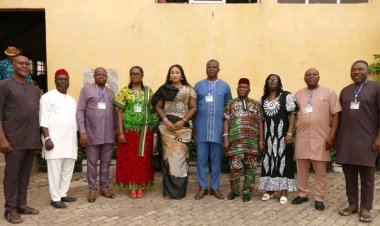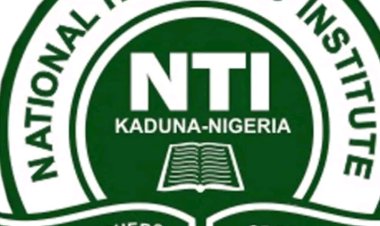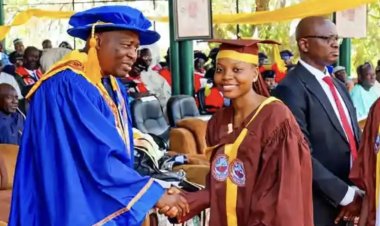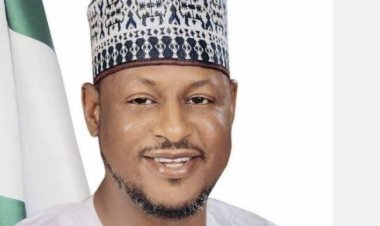Education: House of Reps Urges Curriculum Review for Nigerian Schools
Nigerian educational institutions at all levels may undergo a curricular reform, following the adoption of a motion during the House of Representatives' plenary session on Thursday, June 6. The House, in response to the motion, called on the Federal Ministry of Education and State Ministries of Education to conduct a thorough review of the curriculum across primary, secondary, and tertiary institutions.
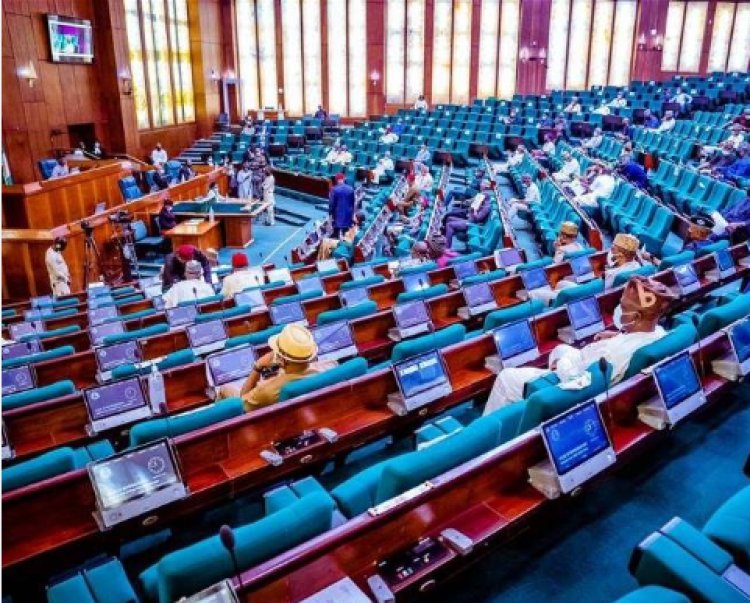
Nigerian educational institutions at all levels may undergo a curricular reform, following the adoption of a motion during the House of Representatives' plenary session on Thursday, June 6.
This development follows a House resolution on a motion titled “Review of the Nigerian curriculum for primary and secondary schools in line with current global market needs and contemporary realities,” proposed by Bamidele Salam, a member of the Peoples Democratic Party from Osun State.
Leading the discussion, Salam pointed out that Nigeria’s conventional curriculum for primary and secondary schools faces challenges when compared to those of developed nations. He further emphasized the need to prioritize practical skills like critical thinking and problem-solving over rote learning, citing the evolving demands of the global labor market.
RECOMMENDED: FG Seeks Resolution with Teesside University Over Nigerian Student Deportation
Salam urged for a comprehensive review of educational programs, emphasizing the integration of technology into the learning process and the promotion of digital literacy skills.
According to Salam, the current curriculum “prioritises theoretical knowledge and rote memorization over equipping students with the practical skills increasingly demanded by the globalized job market” adding that “This could leave Nigerian graduates unprepared for the realities of workplace expectations. The Nigerian curriculum, compared to advanced countries, lacks sufficient technology integration, thus hindering digital literacy skills necessary to thrive in a tech-driven world"
SEE ALSO: FG Postpones Inauguration Of Governing Councils For Tertiary Institutions
The House, in response to the motion, called on the Federal Ministry of Education and State Ministries of Education to conduct a thorough review of the curriculum across primary, secondary, and tertiary institutions.
It also called on the federal government to align the curriculum with evolving global market demands, emphasizing skills like critical thinking, problem-solving, digital literacy, and adaptability.
The House also urged the government to “integrate practical applications, promote critical thinking and innovation, and enhance digital literacy.”
SUGGESTED: FG Approves First Aviation School in South East
The lawmakers further called on the Federal Government to “address resource disparities and ensure equitable access to qualified teachers, updated learning materials, and proper infrastructure.”
The House mandated the Federal Ministry of Education to review its implementation strategy on the national policy of education. The motion was referred to the House Committees on Basic Education and Services as well as University Education to ensure compliance.

 c.Blessing
c.Blessing 